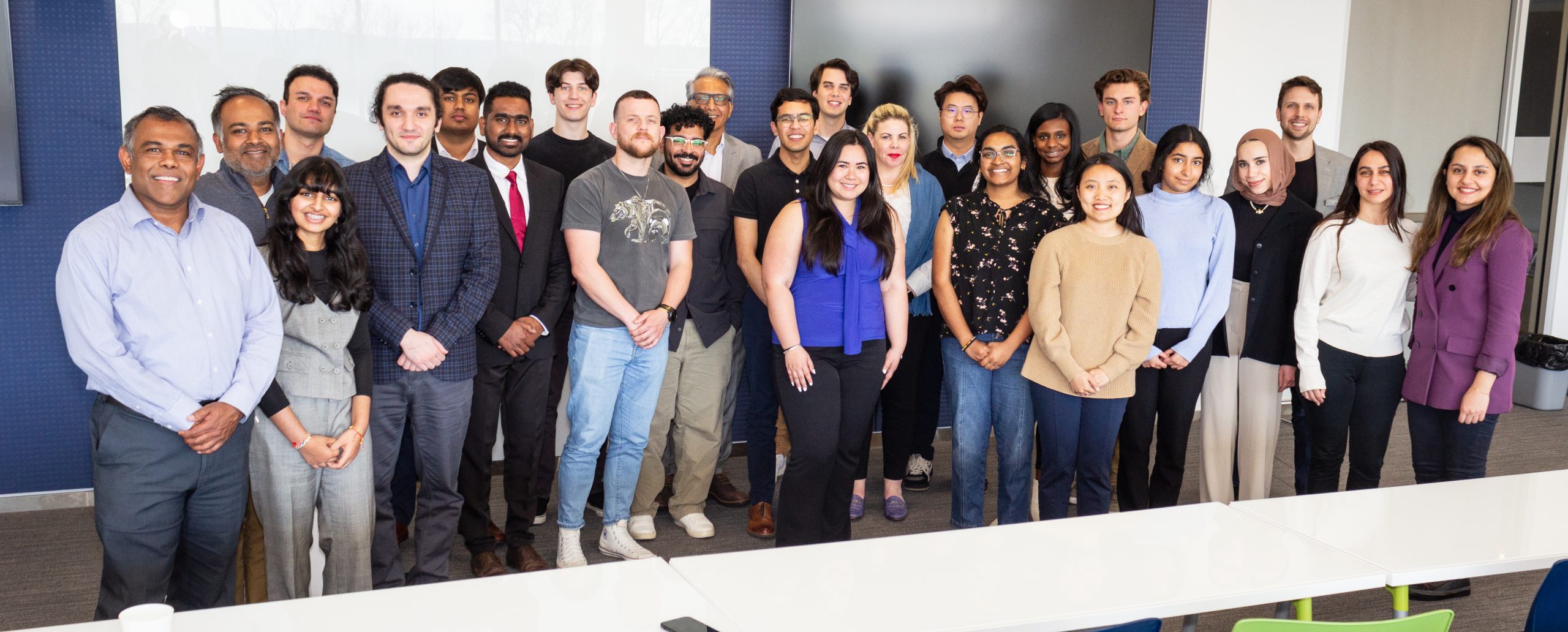The largest and most comprehensive study on guaranteed income programs has recently been completed, shedding light on the transformative effects of providing people with a monthly stream of cash, no strings attached. Conducted by OpenResearch, a nonprofit lab founded by OpenAI CEO Sam Altman, the study followed 3,000 participants from 2020 to 2023, offering insights into the impact of guaranteed income programs on people’s livelihoods. More than 150 such programs have been running since 2018, benefiting over 50,000 recipients, particularly low-income women, parents, and people of color.
The study aimed to understand the role of cash transfers in improving people’s lives and was split into two groups: one receiving $1,000 a month for three years and the other receiving $50 a month as a control group. Participants, aged 21 to 40, were drawn from diverse backgrounds in Illinois and Texas, with an average annual household income of around $30,000. The findings, published in the National Bureau of Economic Research, revealed that the higher monthly payments significantly impacted how participants spent on basic needs, supporting others financially, and even influenced their decisions regarding medical care, entrepreneurship, and education.
The data showed that the extra cash provided participants with a sense of financial stability, allowing them to break free from living paycheck to paycheck and envision a more secure future. Participants reported spending more time managing their finances, creating budgets, and exploring new opportunities such as starting businesses or pursuing further education. While some critics argue that cash payments may discourage work, the study found that the impact on employment was modest, with participants making choices based on personal circumstances, such as caregiving responsibilities or pursuing higher education.
The study also highlighted the importance of timing when providing cash stipends, as seen in programs like Rx Kids in Flint, Michigan, which supports pregnant women and families with newborns. Cash transfers, especially during critical life stages, can have a significant impact on families’ well-being and children’s development. The data from the study is expected to inform policy discussions and program refinements, such as the child tax credit, which has shown promising results in reducing child poverty rates but requires further legislative action to become permanent.
Overall, the study’s comprehensive analysis of guaranteed income programs provides valuable insights into the multifaceted effects of cash transfers on individuals and communities. By understanding how cash can empower people, support families, and drive economic opportunities, policymakers and program administrators can better tailor interventions to address specific needs and achieve desired outcomes. As the discussion around guaranteed income continues to evolve, the data from this study offers a timely opportunity to explore innovative solutions and shape future policies that promote financial security and well-being for all.



















